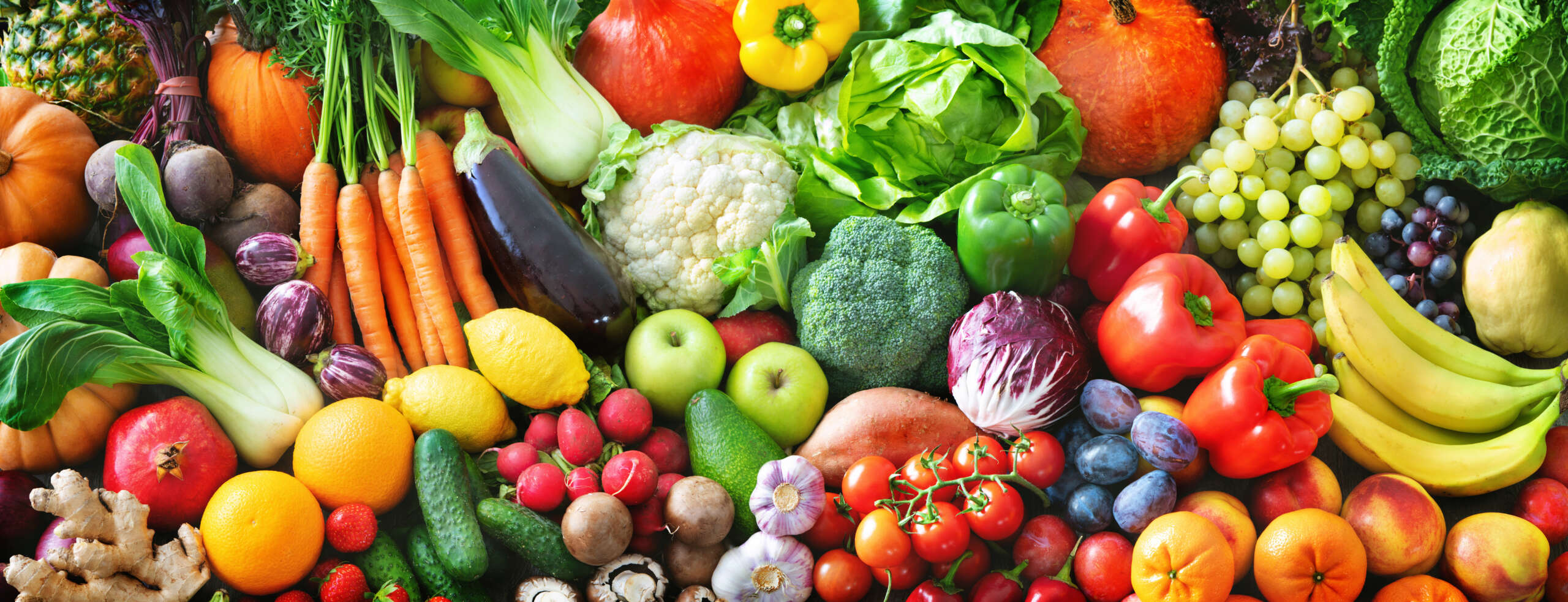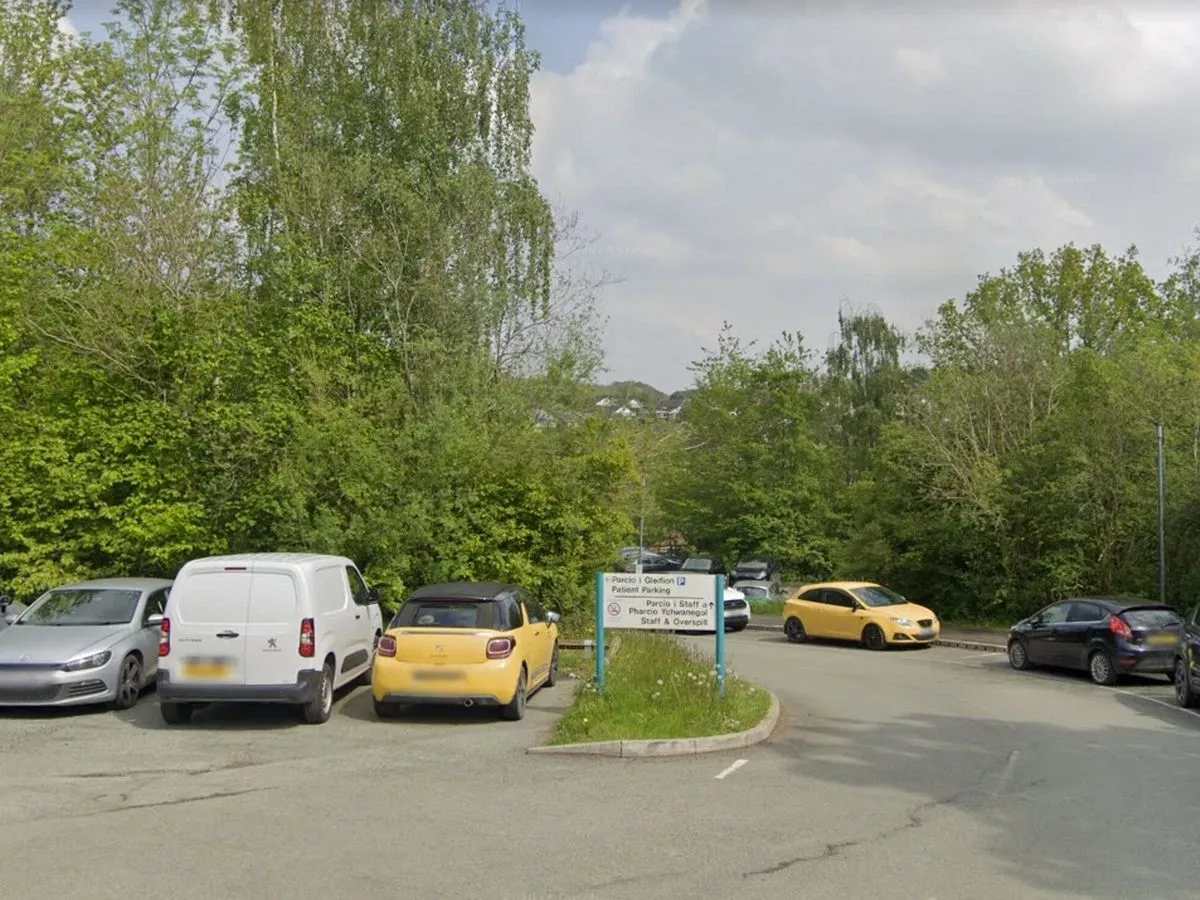By Compass Contributor,Simon Cawdery
Copyright caymancompass

By Simon Cawdery
Caymanians should be upset. They are dying earlier than they should, from diseases that are preventable, and paying higher healthcare costs than they need to.
Let’s look at the evidence: On page 54 of the Economic and Statistics Office’s 2023 ‘Compendium of Statistics’, there is a damning data point: 37% of deaths in the Cayman Islands are due to cardiovascular disease.
Compared to other countries, that’s an extremely high percentage. Bluntly put, Caymanians are dying from something that can be prevented.
The same is true with type 2 diabetes. In Cayman, 6.2% of deaths are due to type 2 diabetes, compared with 3.8% globally. Genetics alone can’t explain that gap.
The simple, stark and unpleasant fact is that our behaviours and lifestyle, coupled with poor public policy, are a direct cause of early, preventable death in the Cayman Islands.
Why are Cayman’s death statistics so shocking? Is it demographics, genetics or something else? I want to be clear that this is a nuanced question and there’s room for reasonable disagreement. But I want to argue that Cayman’s health, lifestyle and policy decisions are material causes of early death and needless medical suffering.
Diet and taxation: A healthy obsession
Here’s a shocking statistic:
Caymanians pay a 17% tax rate on every piece of fruit or vegetable they eat. Why? Who thought it a good idea to make healthy food more expensive? We’re taxing away our health. Is the government so desperate for money that it needs to do this?
Let’s change this. Government should zero-rate fruits and vegetables (temporarily – more on that to come). This would cost the government around $13 million in lost revenue. But that could be offset by:
Raising sugar/fat/processed food taxes to 75% (like the UK’s soda tax).
Increasing licensing fees on fast-food outlets, like other countries have done.
Reducing taxes on healthy food and raising taxes on unhealthy food can nudge people to eat better and improve their health as a result. It should be an obvious immediate action point for any government.
Sweet as sugar
Many countries around the world have realised the peril that sugar, certain fats and ultra-processed foods have on human health. Their response has been to tax those products, thereby discouraging consumption. The policy works: In 2015, the UK introduced a ‘sugar tax’ on sodas. Since then, sugar consumption from sodas has declined (sales of high-sugar drinks fell and low-sugar drinks increased) and this directly led to lower obesity rates among children. How could anyone possibly object to that? Don’t we want Caymanian children to be healthier, fitter and live longer lives?
Back to the maths for a moment, though. Cayman currently spends US$22 million annually on just sugar products. Raising taxes as proposed could net an extra $11 million. That would almost entirely offset the cost of subsidising healthy food as well as decrease consumption of the bad stuff, thereby improving people’s lives. And that’s just sugar. Extend that to fat and processed foods, and revenue raised (even after accounting for changes in purchasing) could easily match revenue lost.
Together, these changes could improve public health outcomes and maintain fiscal neutrality.
Food security: A $75 million sucking sound
Cayman spends $75 million importing fruits and vegetables. That’s a vulnerability. There is absolutely no guarantee foreign countries won’t enact policies to make those products more expensive or cut us off completely. Today’s world is riddled with trade wars, tariffs and tension. Cayman needs to become much more food independent for its own national security purposes.
It’s rare for me to want to argue that government should subsidise or invest in something. Normally the private sector can do much better. But food security and public health isn’t just any other issue. Almost 100% of Cayman’s fresh fruit and vegetables is imported. That makes it expensive (it needs to be shipped in, chilled) and puts our food supply chain at the mercy of foreign policymakers.
Yet science in recent years has moved forward so quickly that this status quo need no longer exist. Imagine if Cayman could produce all its own fruit and vegetables from vertical farming. All that vertical farming requires is electricity (the sun in Cayman’s case) and water.
My suggestion is that government creates an Agricultural Venture Fund with a US$5 million-$10 million investment. This would then invest, in a non-voting passive way, in entrepreneurs who obtain private sector capital. The goal would be to have food independence for the Cayman Islands within 10 years. Not only would produce be cheaper and taste better, but that $75 million that currently gets given to foreign countries would circulate within Cayman, paying for jobs in this new sector and creating a dynamic science-based industry that would provide food resiliency for the Cayman Islands (and potentially generate export revenue).
It already happens in small patches here in Cayman, and on a much larger scale in Jamaica, so the ability is there. What is needed is jet fuel thrown on this fire to ignite an agricultural revolution in Cayman, that will save money, grow healthy produce and provide food independence in an increasingly difficult world.
Once we are on the path to self-sufficiency, government should then reintroduce import duties to favour local produce and local farmers. That would be a smart, targeted use of tax policy for the benefit of Cayman’s national security and Caymanians’ wealth and health.
Cayman’s healthy future
Health is an existential problem. Get it wrong and people die.
Cayman should be proud of its history and how we have got to where we are today. But we should never rest on our laurels. To be fit for the next decades, Cayman needs radical change in how it operates, to reduce costs, protect its food supply and help its population live a healthier life with less need for medical intervention.
These proposed reforms are achievable. They would help contribute to a healthier Cayman. Yes, there will be disruption. But doing nothing, given the damning statistical evidence, can no longer be justified.
Cayman needs a system that is cost-effective and fit-for-the-future – not a system that penalises the health and wealth of Caymanians.
Simon Cawdery, CFA, is an investment manager and governance professional who lives and works in the Cayman Islands. He writes regularly for the Compass.



